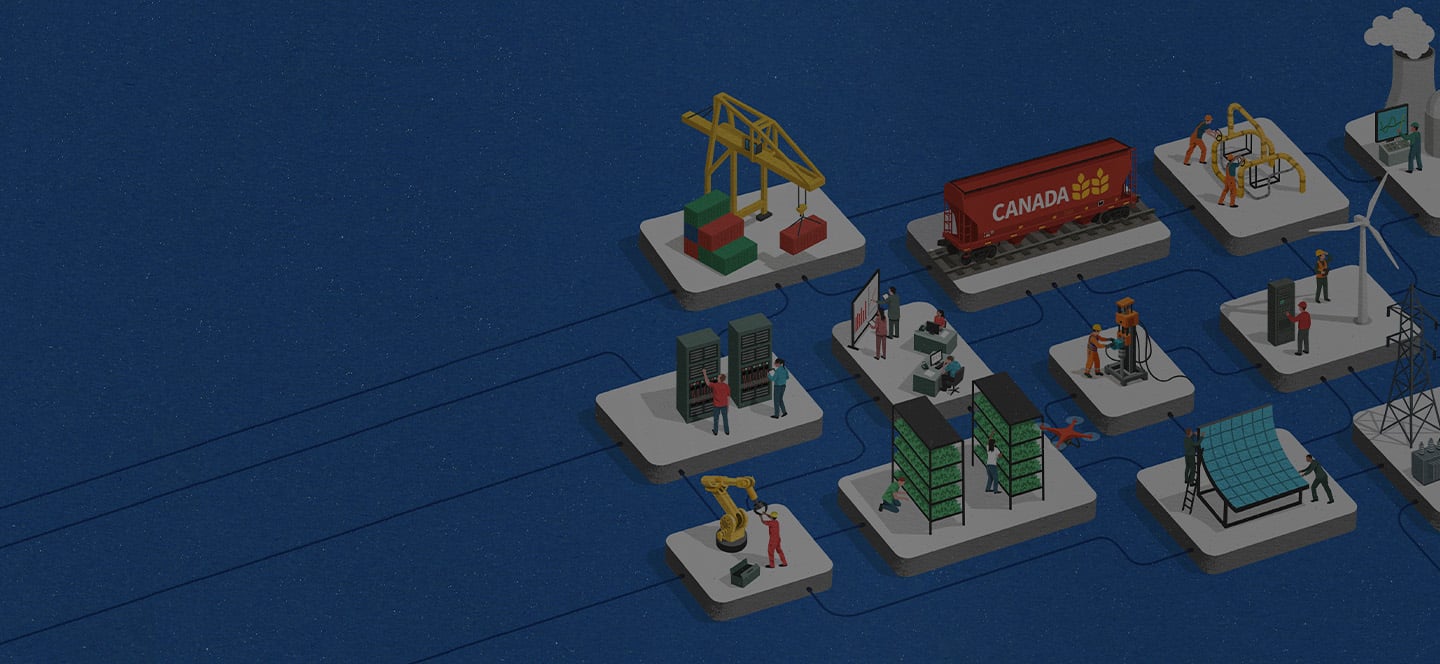What if you or your business organizations cannot pay your federal or provincial taxes? Canadian federal and provincial taxing statutes impose vicarious or secondary liability on others for certain unpaid Canadian taxes. Typically, these taxes are those collected on behalf of others; for example, CPP, EI, GST, HST, employee income tax withholdings and non-resident withholding taxes. However, Canadian tax authorities may also be entitled, under certain circumstances, to pursue directors (including de facto directors) for certain unpaid corporate taxes. Shareholders in a closely held corporation may be liable for certain corporate taxes to the extent of distributions made by the corporation. Recipients of property (including cash) may be liable to pay the unsatisfied tax liabilities of others who transfer them the property. For example, children who receive gifts or have their tuition paid may be responsible for a parent's unpaid taxes. Spouses or common law partners, including former spouses or partners, may be liable for each other's unpaid taxes in certain circumstances.
When should you be concerned about a vicarious liability for someone else's taxes? The typical circumstance arises when a person is in financial difficulty and transfers property to persons within a related social or economic group so that the property is out of the potential reach of creditors. However, tax legislation does not require that the transferor even know of any unpaid tax liability at the time of any property transfer. A director of a corporation need not know of any corporate withholding tax liability to be liable for these unpaid taxes.
What then can you do to avoid problems? Make enquiries of those who gratuitously transfer property to you about any unpaid taxes or any contingent liabilities for unpaid taxes. If you are a director, ask those responsible for statutory tax remittances to make sure that all amounts have been paid. Also enquire about any contingent corporate tax liabilities. For example, what if the corporation has many independent contractors on the payroll and the Canada Revenue Agency later determines that these contractors were in fact employees of the corporation, particularly if these employees start claiming EI during the economic downturn? The Canada Revenue Agency will first look to the corporation for unpaid withholdings and then ultimately to a director if the corporation cannot pay.
There are a number of defenses available to those who are faced with the potential or actual assessment of amounts (taxes, interest and penalties) representing the liabilities of other taxpayers. These defenses include arguing that the primary tax debtor had no tax liability. There has been some debate in the case law about whether the person assessed the vicarious liability can challenge the underlying liability of the primary tax debtor. A recent 2020 decision of the Federal Court of Appeal, Duque v the Queen, confirmed that this defense is permitted. Practically speaking, this defense may prove challenging unless the person facing vicarious liability has access to the required information, including records and documents, to challenge the tax liability of the primary debtor.
The following are some overall words of caution:
- Any recipient of a gift of property, including cash, from a relative should determine whether the relative has a liability for unpaid Canadian taxes.
- Shareholders in private corporations who receive capital or taxable dividends must be concerned about actual or contingent corporate tax liabilities.
- Directors of any corporation or society should regularly ask at board meetings whether all payroll taxes and GST/HST and non-resident withholding taxes have been deducted, collected and remitted.
- Anyone assessed for vicarious tax liability should take the appropriate steps to assert defenses. This may involve making submissions to tax authorities, making the timely filings of dispute notices/objections or even making the appropriate filings in the relevant Canadian courts—most commonly the Tax Court of Canada.















